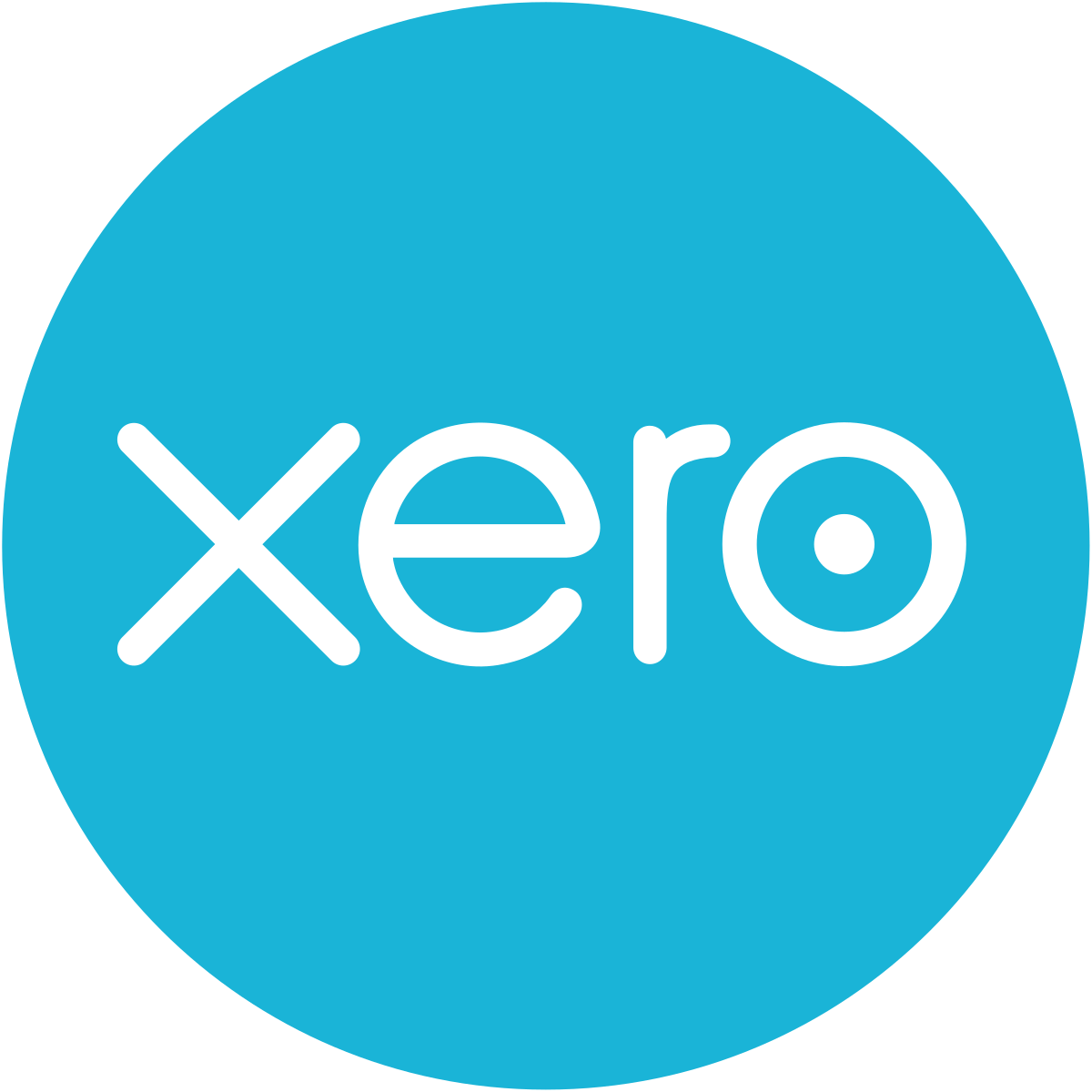Accounting has gone digital, migrating from the paper processes of old to the digital recordkeeping of now. Welcome to accounting automation.
Digital accounting software has become both more feature-packed and easy to use, providing businesses with smooth interfaces and workflows for everything from bookkeeping to payroll and financial reporting.
Many of these software platforms use automation to streamline tasks by auto-extracting data from invoices, receipts, etc, performing tax calculations, creating graphs, automating report creation, and so on.
But how do you use these features? And what are the benefits? Let’s explore this topic in detail.
What accounting activities can you automate?
Modern accounting software like Xero and Quickbooks offer numerous features for automating accounting practices. Here are some of the key activities you can automate:
- Data entry and record keeping: One of the most time-consuming aspects of accounting is the manual entry of data. Automation tools can directly import data from multiple sources, like bank statements, invoices, and receipts, into accounting systems.
- Invoice processing and accounts payable: Automated systems can extract relevant data from incoming invoices, match them to purchase orders and process payments.
- Expense management: Expense reporting and reimbursement can be a cumbersome process. Automation allows employees to upload receipts and file expense reports directly through a mobile app or software. The system then categorises and approves expenses based on pre-set rules, speeding up reimbursements and ensuring policy compliance.
- Payroll processing: Payroll automation reduces the manual effort of calculating pay, deductions, and tax withholdings. It ensures employees are paid accurately and on time and aids PAYE compliance.
- Financial reporting: Generating financial reports is time-intensive. Automation tools can quickly compile data and generate various reports such as profit and loss statements, balance sheets, and cashflow statements, speeding up the reporting process.
- Bank reconciliation: Reconciling bank statements with the company’s records can be automated. The system matches transactions, flags discrepancies, and updates the general ledger, ensuring the financial records are accurate and up-to-date.
- Budgeting and forecasting: Advanced automation tools can assist in budgeting and forecasting by analysing historical financial data and predicting future trends.
So, how do these features culminate into benefits?
The benefits of accounting automation
Here’s how accounting automation comes together to enhance your business’s accounting operations and financial strategies:
1. Time-saving and error reduction
Manual data entry is not only time-consuming but also prone to errors. Accounting automation eliminates the need for these mundane tasks, saving you and your team time. Imagine a world where your staff no longer dreads the monotonous task of data entry or staring at complex spreadsheets.
2. Real-time financial visibility
Knowledge is power, especially when it comes to financial decision-making. Accounting automation provides real-time visibility into your financial data.
3. Enhanced accuracy and compliance
Accuracy in accounting is non-negotiable. Automation minimises the risk of human error, ensuring your financial records are precise. Automation assists compliance with regulations and standards and will keep your business on the right side of HMRC. This has become especially handy for HMRC rules like Making Tax Digital, currently in force for VAT and some self-assessment taxpayers.
Accounting software vastly simplifies the process of generating the figures required for MTD. In fact, you need HMRC-approved software to comply with MTD (Xero, Quickbooks, Sage, etc, are all officially approved).
4. Scalability for growth
As your business grows, your accounting needs will evolve. Modern accounting software offers scalability, adapting to your changing requirements and the level of features required.
Whether you’re expanding your product line, entering new markets, accounting for VAT or increasing your workforce, automated accounting systems can scale with your business.
The flexibility of modern cloud accounting software ensures that your financial operations can support your growth rather than hinder it.
Final thoughts
Embracing accounting automation has become essential as it offers time-saving benefits, real-time financial visibility, enhanced accuracy, streamlined processes, and scalability.
At Glen C Rodger, we’re committed to helping your business harness the power of accounting automation through Xero, Quickbooks and Sage – all of which we have experience in.
Contact us today to discover how to turbocharge your accounting practices with accounting automation.

